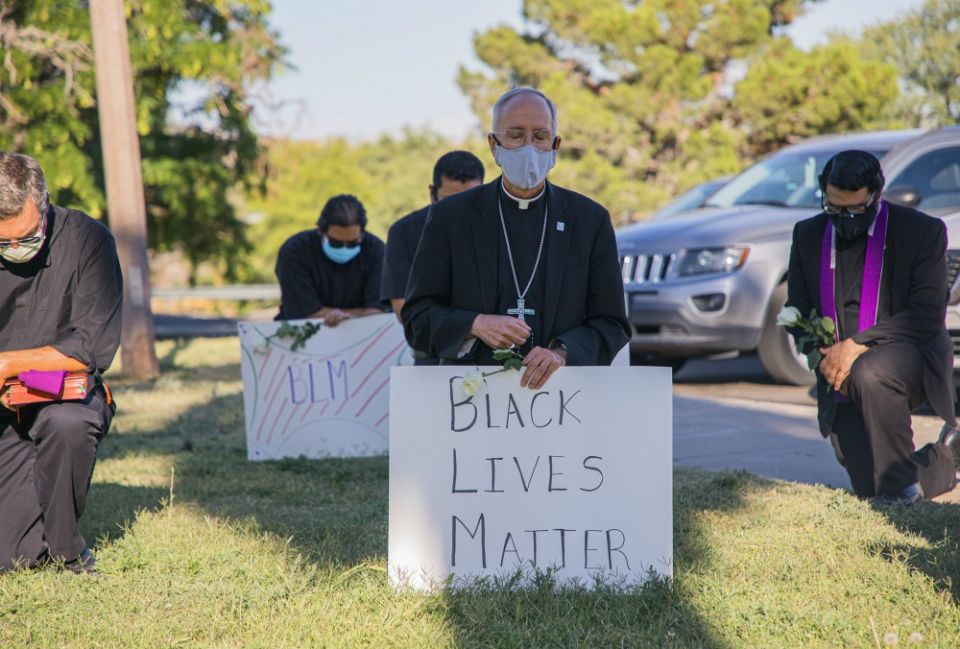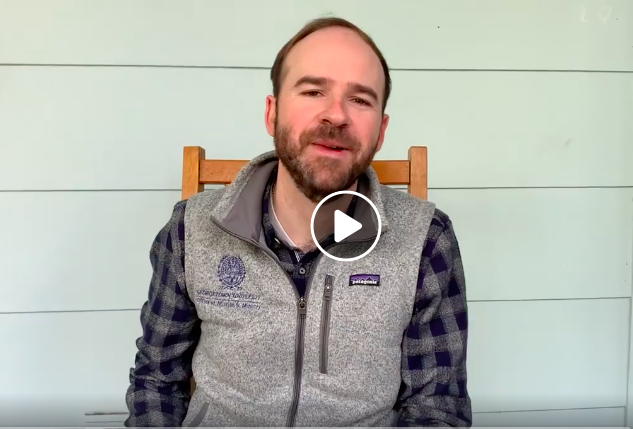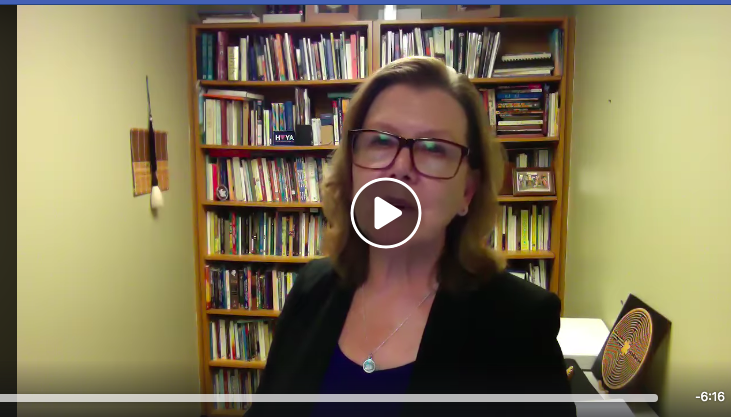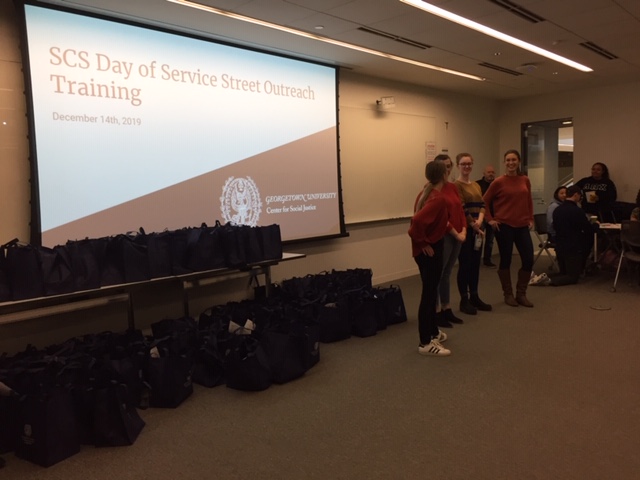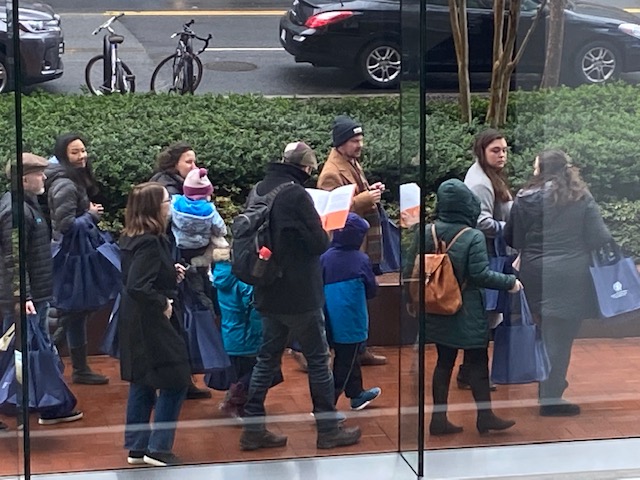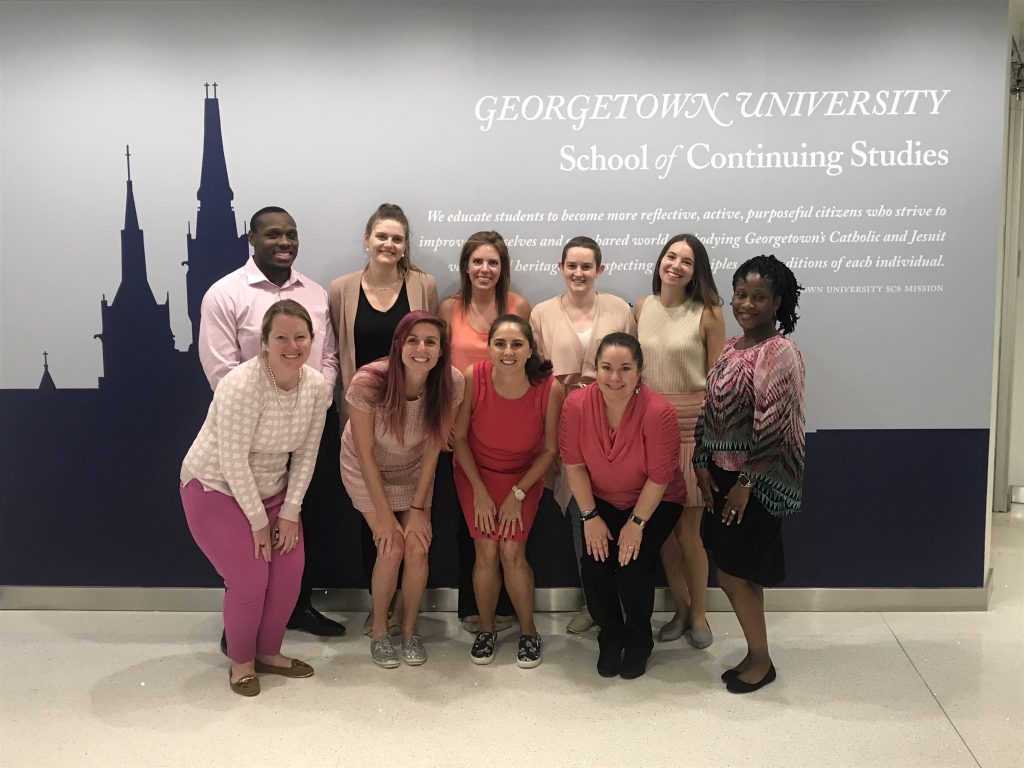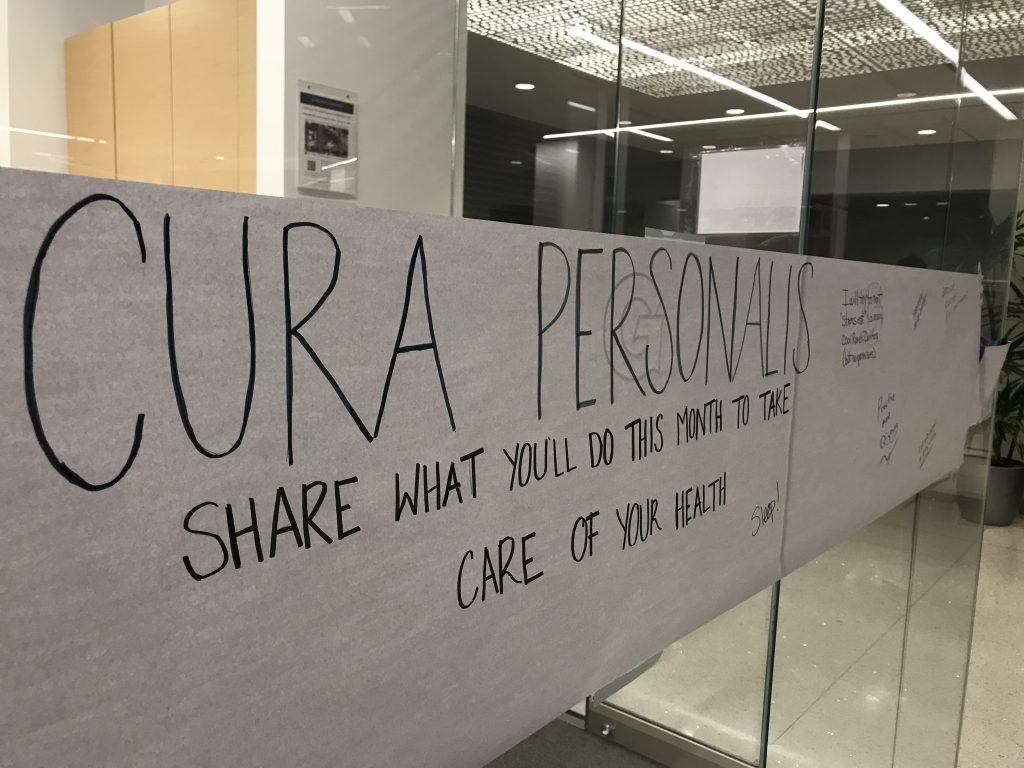In his historically significant 2000 address at Santa Clara University, then Superior General of the Jesuits, Fr. Peter-Hans Kolvenbach, S.J., provocatively reflected on the service of faith and the promotion of justice in Jesuit colleges and universities in the United States. Part affirmation, part challenge to Jesuit higher education, Kolvenbach’s remarks are famous for his articulation of how Jesuit colleges and universities should be measured in terms of their effectiveness in meeting the mission of the Society of Jesus. According to Kolvenbach, Jesuit schools strive to form students not just for world success but for a deeper personal and social commitment: “The real measure of our Jesuit universities lies in who our students become. For 450 years, Jesuit education has sought to educate ‘the whole person’ intellectually and professionally, psychologically, morally, and spiritually…Tomorrow’s ‘whole person’ cannot be whole without an educated awareness of society and culture with which to contribute socially, generally, in the real world. Tomorrow’s whole person must have, in brief, a well-educated solidarity.”
In this week’s Mission in Motion, we take a closer look at how Georgetown SCS has been forming students for such a “well-educated solidarity,” an especially needed disposition in these times to address the multiple, intersecting challenges of social injustice facing our communities. We asked Karim Trueblood, an alumna of the Master of Professional Studies in Emergency & Disaster Management (EDM), about her time at Georgetown and how her Jesuit education has informed her personal and professional life since graduation. I have been blessed to know Karim both as a student in the SCS Jesuit Values in Professional Practice course described here and as an advisee for her Capstone project, “Integration of Ignatian Principles in Emergency and Disaster Management Education,” which contributed to Karim being named EDM’s Outstanding Student of the Year at the 2019 Tropaia Ceremony.

What are you up to since graduating from Georgetown? How has the global pandemic affected you personally and professionally?
Since graduating from Georgetown in Spring 2019, I took some time off for reflection and family time. My son graduated high school and enlisted in the United States Marine Corps and is now living in California. I am very proud of his service to our country. I also completed a graduate certificate in education at the University of Central Florida. I am currently furthering my education at Creighton University, where I am pursuing a Doctor of Education in Interdisciplinary Leadership. In addition, I launched my own consulting company, guided by Jesuit values. I am very passionate about this project because I am able to incorporate my dedication to Ignatian spirituality, emergency and disaster management, and education.
As we are faced with a global pandemic, it has been a struggle, personally and professionally. I had to move on from previous projects and readjust my goals and expectations for the near future. The isolation restrictions, like for many other people around the country and the world, had a negative impact on my mental and physical health. But the pandemic has also forced me to develop new skills and learn to express gratitude for what I used to take for granted.
I also have reconnected long distance with old friends, and I was able to attend a five-day silent retreat at Ignatius House in Atlanta. This was very meaningful and beneficial because it allowed time for contemplation, reflection, and healing. Silence urged me to be still and develop a deeper, more meaningful relationship with God. It also gave me a different perspective for those affected by the pandemic and discern who I am and where I belong.
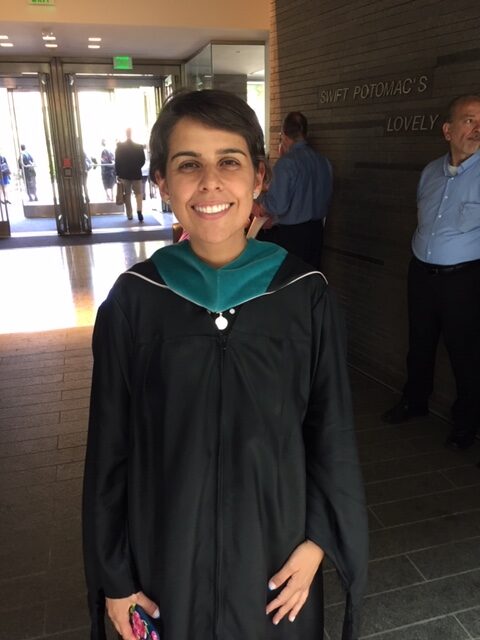
What are the knowledge, skills, and values that you find yourself using most from your Georgetown education? How did your time at Georgetown form who you have become?
The academic skills that I learned from Georgetown are fundamental. Academic excellence and seeking meaning from my educational journey to better serve the community and for the greater good are why I continue to further my education. The better prepared I am, the better I will be able to serve the community.
The comprehensive approach of Georgetown’s educational programs and the concept of educating the whole person served me well because I try to continue to apply that approach to everything I do in my life. I am on a journey to become a better person, seeking internal peace and detachment. I am more aware of God’s presence, as my time at Georgetown helped me become more reflective and present. It also gave me the tools and skills to use my voice and advocate for those living in the margins.
One of the most important lessons I learned at Georgetown is that God meets you where you are. God loves me as I am, imperfect, and a constant work in progress. The concept of community in diversity in Georgetown, an inclusive community where everyone belongs and everyone is accepted, taught me to be more mindful of every individual’s unique journey. And as I reflect on my journey, I learned that God calls us to serve in different roles, and all calls for service are all as essential, and we must be alert enough to discover what our call is.
Self-knowledge and self-acceptance are only possible once we learn to be our true selves. I am still seeking more, but my Georgetown experience helped me develop skills to recognize God’s presence where there is a need for service and education.
What do Georgetown’s Jesuit Values mean to you? How have you grown in your understanding of them and their application to your personal and professional life since graduating?
Georgetown’s Jesuit Values mean that the university’s foundational moral compass was built on a tradition of working for the greater Glory of God and for the greater good. The Jesuit tradition of tolerance and understanding people of diverse religions and cultures embedded since inception in a tradition of service and promotion of justice sets a standard that I must follow to try to be better. As a flawed individual, I believe Jesuit values guide us to be the best version of ourselves.
Overall, Georgetown Jesuit Values are vital because they align with my core values. It is critical to go to a school or be part of an organization that models ethical values that will be part of your internal moral compass regardless of religious background.
Georgetown’s commitment to social justice and to work for the community impacted me immensely since it paved the way for me to develop into further research and application of Ignatian spirituality into the education of emergency and disaster management and public service.
Georgetown’s promotion of justice led me into my current project working on the application of Ignatian spirituality to guide better decision-making for the greater good in emergency and disaster management. Also, to focus on fostering better relationships between vulnerable populations and stakeholders, to bridge gaps respectfully and sensitively, and by promoting reflection.
The inequalities our country is living regarding social, racial, and law enforcement controversies motivated me to seek implementation of Ignatian spirituality to serve the communities and serve public service by practicing discernment and reflection as tools for self-care. Embracing our emotions and feelings to act more compassionately towards others and ourselves generates a more positive work environment and, consequently, a stronger community.
If you could share one message with SCS students during this challenging period?
Embrace the trying times as an opportunity for service. Write in a journal and allow time for reflection. Be open-minded and compassionate with others and with yourself.

